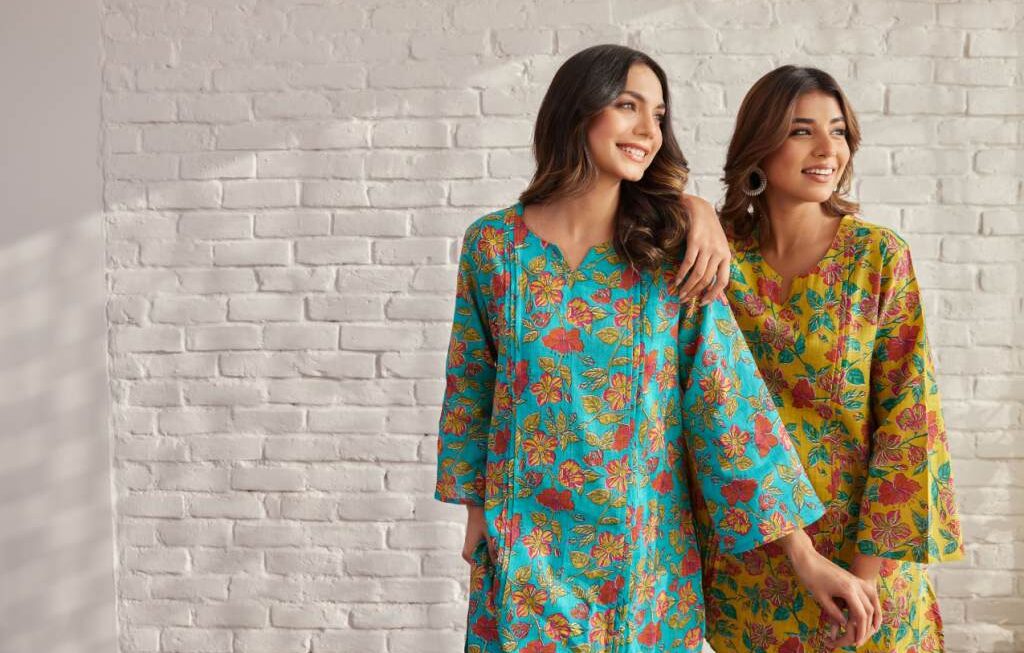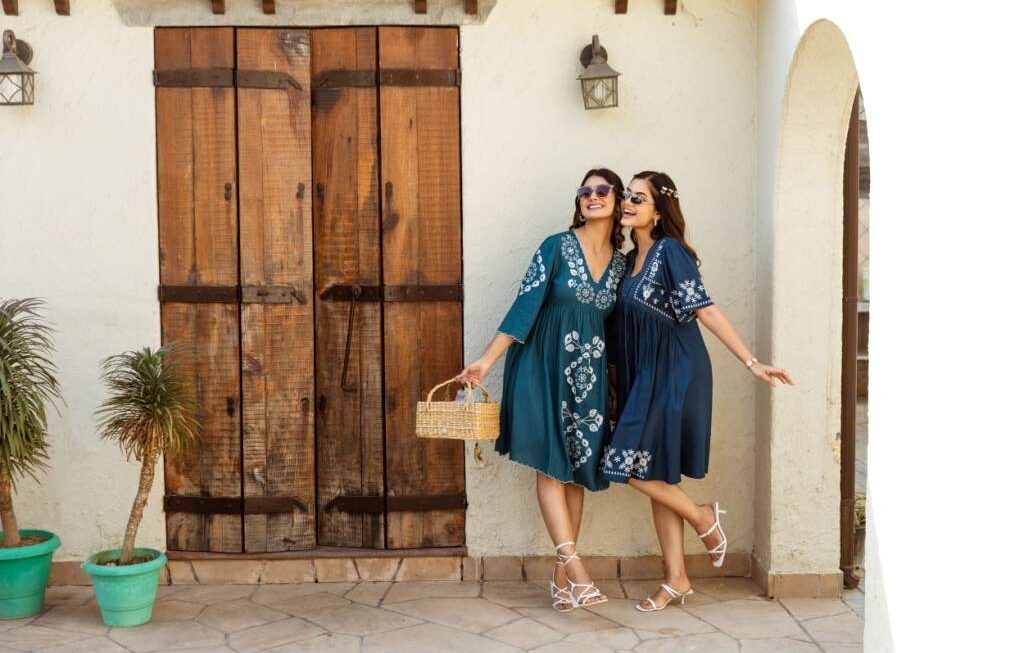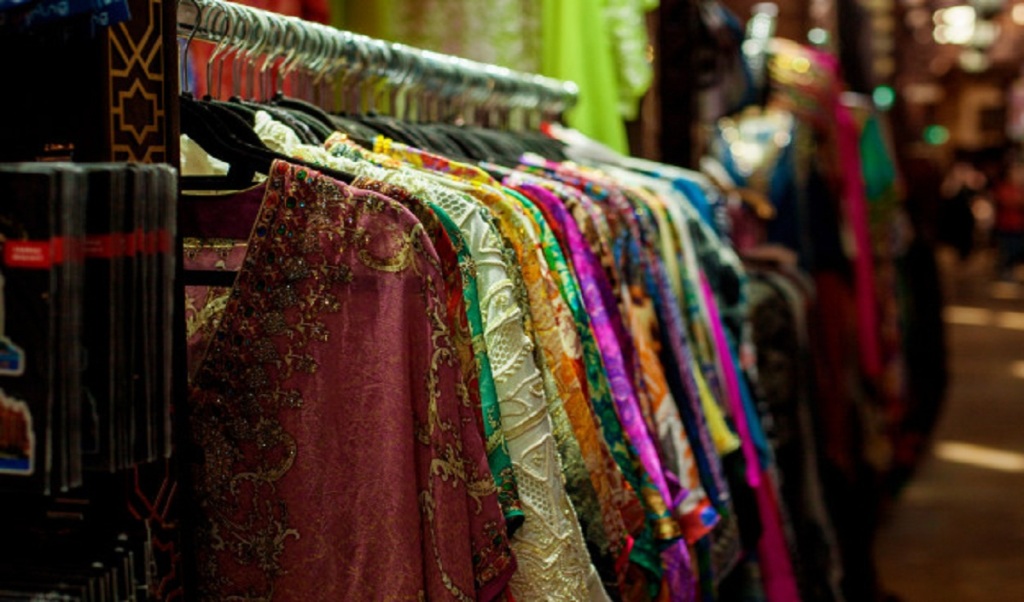As a world, along with COVID-19, we are battling a lot many things – depression, anxiety, bleakness, violence and the Overall health depends on the condition of the skin and hair because they serve as the body’s main barriers to external dangers like pathogens, UV radiation, and mechanical harm. Many people think that having a good body, a clear complexion, and healthy hair and nails can improve self-esteem; to get these qualities, they might think about joining a gym, a beauty salon, or taking supplements. It’s crucial to remember that beauty can also be attained naturally, without the use of supplements, through a healthy diet and lifestyle. The health and appearance of skin and hair can be greatly improved by eating a nourishing and balanced diet that is high in essential vitamins, minerals, and proteins and engaging in regular physical activity. Additionally, staying hydrated is essential for keeping your skin and hair healthy. It’s vital to remember that different people have different requirements and preferences when it comes to their skincare and haircare regimens, so it’s crucial to experiment and find what works best for you.
VITAMIN C
The health and look of your skin as well as how it ages may be affected by what you eat, even while there isn’t a single miraculous meal that can stop the ageing process. There are some straightforward dietary recommendations to follow if you want to keep strong, healthy skin, hair, and nails. Iron-rich meals should be eaten with vitamin C-rich foods because vitamin C enhances the absorption of iron. Moreover, vitamin C promotes the production of collagen, which improves the condition of the capillaries that supply the hair shafts. Moreover, this vitamin functions as a powerful antioxidant to fend off free radicals and lessen their damaging effects. Also, by boosting the immune system, it can reduce acne irritation.
You may consume citrus fruits like lemons, oranges, and grapefruit as well as other fruits like strawberries and vegetables like peppers, broccoli, cabbage, and cauliflower to add vitamin C to your diet.
VITAMIN A
Sebum, an oily fluid that naturally nourishes the scalp and maintains good hair, is produced by the body and requires vitamin A for production. Insufficient sebum production can lead to dry hair and itchy scalps. Moreover, vitamin A is essential for the regeneration of skin tissue. Lack of vitamin A can cause dry, brittle, and flaky skin. Since vitamin A can diminish wrinkles and fine lines when given topically, it is also utilised as an anti-aging agent. It is advised to take foods high in beta-carotene, which the body converts to vitamin A, in order to receive vitamin A.
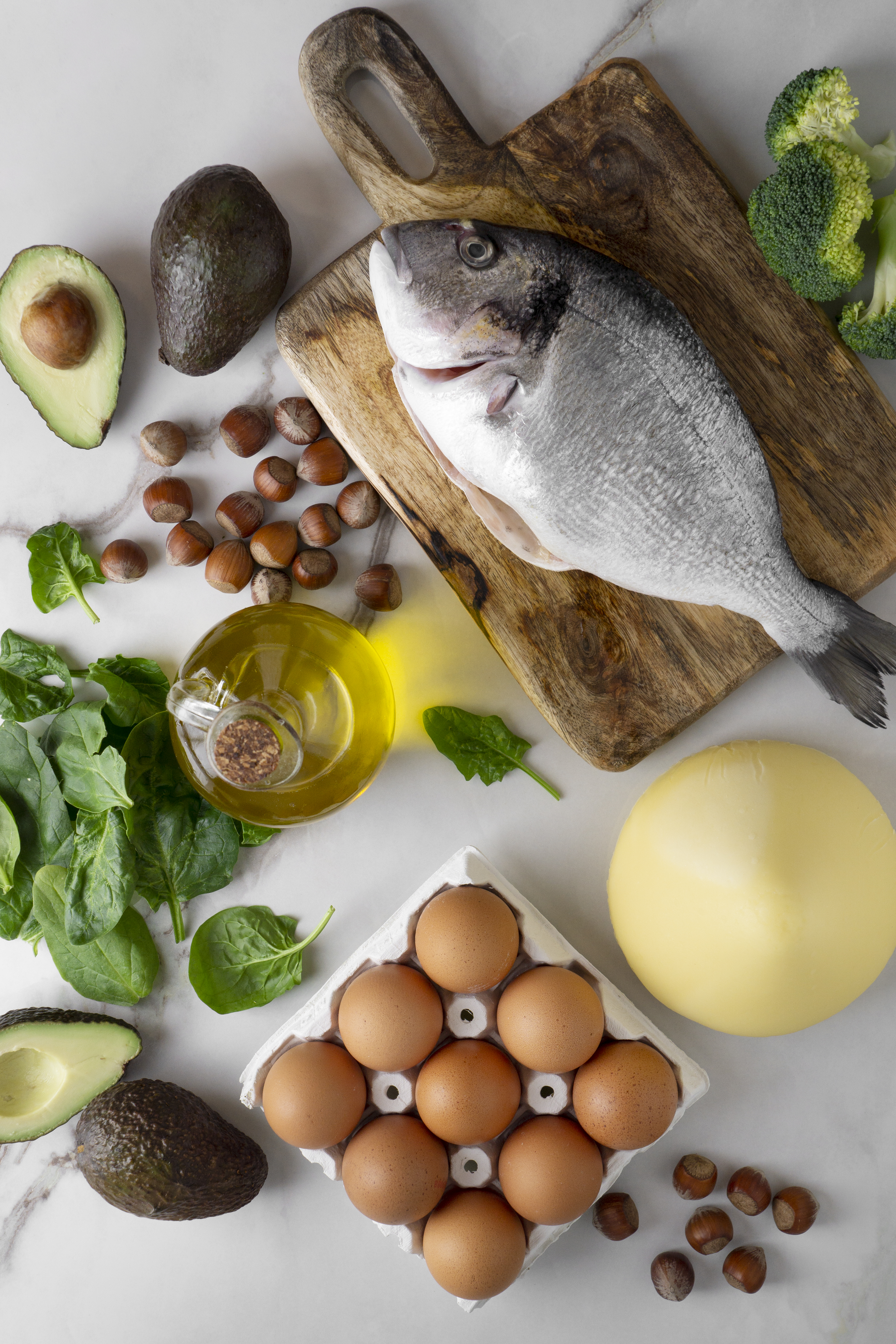
ESSENTIAL FATTY ACIDS
Omega-3 and omega-6 essential fatty acids are vital nutrients that our systems cannot create on their own and must be received through food. The oils that feed and condition the scalp and hair include omega-3 fatty acids, as do the cells that make up the scalp. They are essential for the creation of fat, which serves as the skin’s natural barrier.
You may include foods like soybeans, corn, safflower and sunflower oils, nuts and seeds, as well as meat, chicken, fish, and eggs in your diet to get these necessary fatty acids.
VITAMIN E
Eat foods high in VITAMIN E to protect your hair from the sun, which may harm it just as it can our skin. Strong antioxidant vitamin E helps guard against UV ray and carcinogenic damage. It lessens wrinkles as well. The most crucial lipid-soluble antioxidant in the tissues of the body is vitamin E.
Nuts, seeds, olives, seeds, vegetable oils, and spinach are food sources.
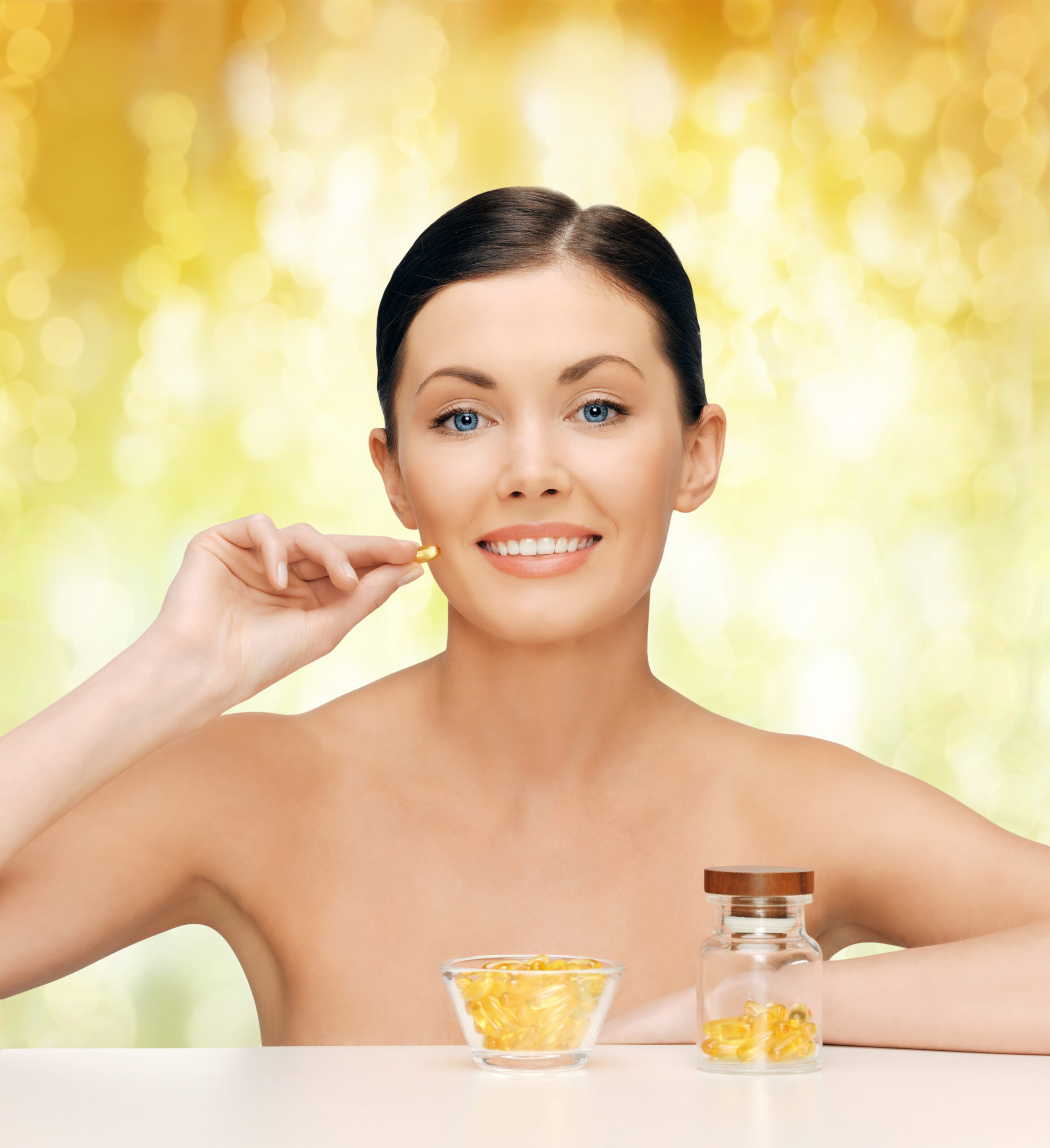
VITAMIN B COMPLEX
The vitamin B complex, a combination of B vitamins, is crucial for keeping strong, healthy skin, hair, and nails. Vitamin B7, often known as biotin, is very important for maintaining healthy skin, and a lack of it can cause skin irritation, itching, peeling, and even hair loss. Niacin, often known as vitamin B3, on the other hand, has anti-inflammatory qualities and aids in maintaining the skin’s moisture. Many dietary items, such as meat, fish, milk, green vegetables, cereals, legumes, bananas, eggs, and rice, are good sources of vitamin B complex.
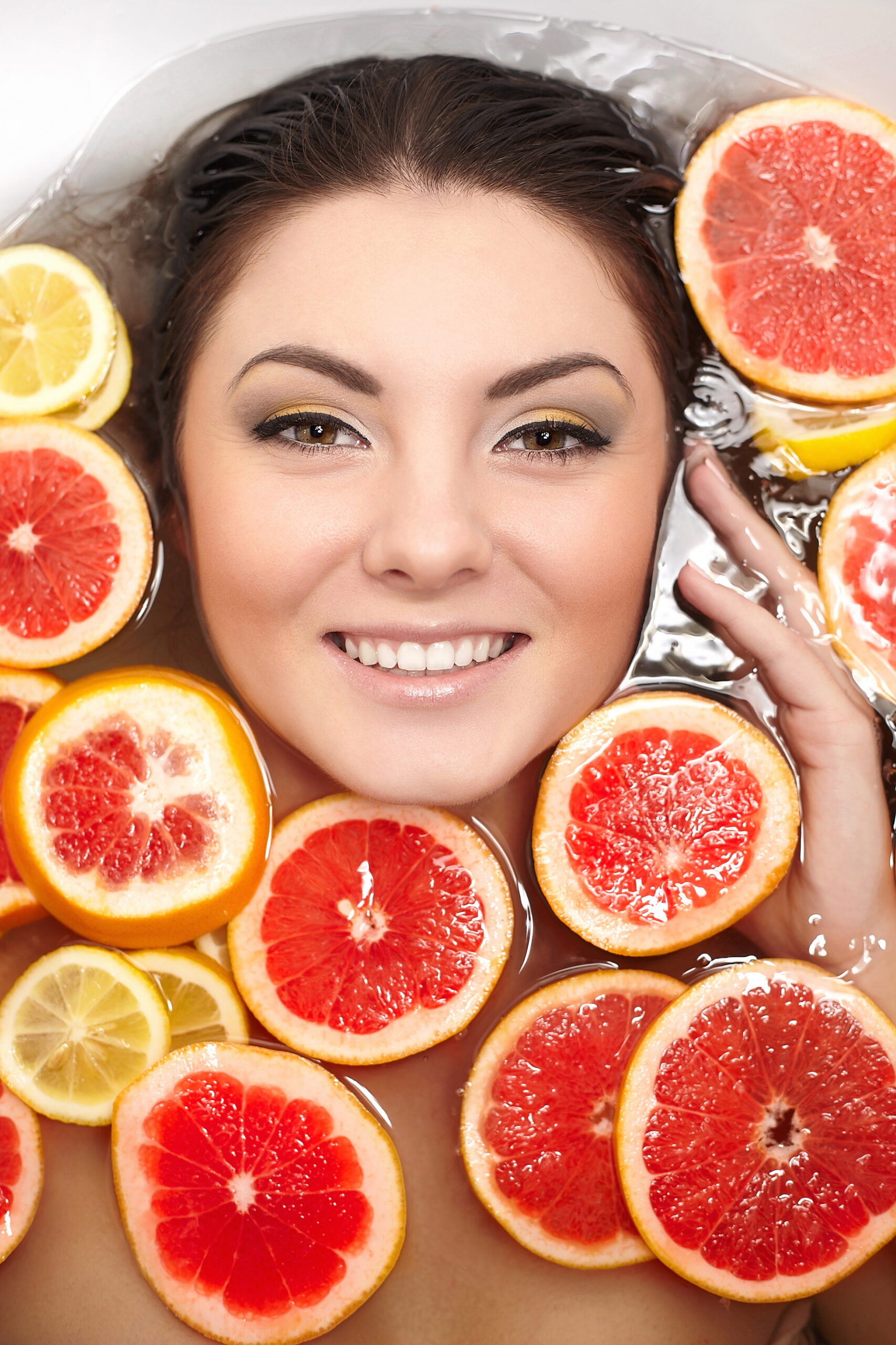
MINERALS
Minerals like selenium, copper, and zinc, in addition to vitamins, are essential for keeping good skin. These minerals help to build elastin, which is necessary for preserving the skin’s suppleness, and shield the skin from UV damage. Moreover, they aid in the healing of wounds and encourage the restoration of damaged tissues.
An antioxidant mineral called selenium protects the skin from UV radiation and other environmental contaminants. Zinc is essential for cell development and repair as well as controlling the skin’s oil production, while copper plays a role in the synthesis of collagen, which maintains the skin elastic and tight.
These necessary minerals may be found in a range of foods, such as whole wheat, almonds, eggs, garlic, chicken, oysters, legumes, and mushrooms. By consuming these foods often, you can make sure that your body gets the minerals it needs to maintain healthy skin and shield it from outside stressors
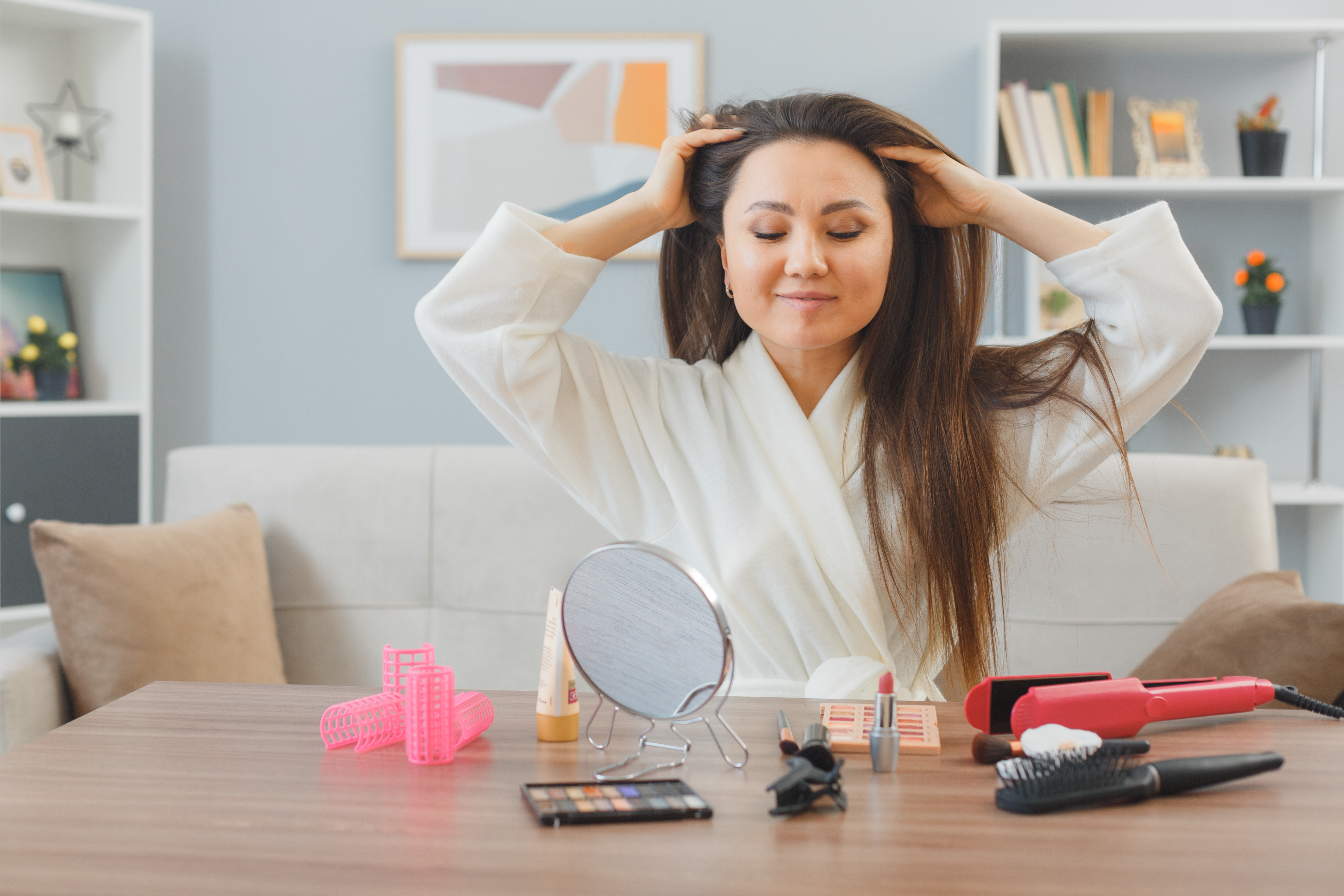
PROTEIN
Protein is an essential component for keeping thick, strong hair because it makes up the majority of hair. Lack of protein can cause hair to become dry, brittle, and fragile, making it more likely to break. However, eating a very low protein diet might stymie hair development and possibly result in hair loss.
Protein-rich meals must be a part of your diet if you want to encourage healthy hair development and avoid hair damage. The protein in foods like chicken, turkey, fish, dairy products, and eggs is great for maintaining healthy hair. You can still get enough protein for strong hair on a vegetarian diet by eating lentils and almonds.
It’s crucial to keep in mind that the quality of the protein you eat is just as significant as its amount. Your body can get all the critical amino acids needed for healthy hair development by eating a range of high-quality protein sources. In order to guarantee that you obtain a full complement of amino acids, it is advised to incorporate a mixture of both animal and plant-based protein sources in your diet.
In order to prevent common skin and hair issues including rapid skin ageing, dehydration, skin inflammation, allergies, hair loss, and hair damage, it’s important to maintain a balanced diet. Alcohol and caffeine, along with sugary, fatty, and processed meals, can also exacerbate these problems and should be avoided.
Including a balanced and nutritious diet may help support appropriate biological processes as well as improve one’s self-image and confidence. This is in addition to avoiding harmful meals. The look and health of the skin and hair can be enhanced by eating a diet high in vitamins, minerals, and other necessary elements.
Moreover, nutritional supplements might help you grow healthy skin and hair. These vitamins, when combined with a good diet, can aid in preventing ageing and promoting a young appearance. In order to guarantee that the body obtains all the nutrients required for good skin and hair, it is crucial to emphasize that supplements shouldn’t be used in place of a balanced diet. One may acquire healthy, youthful-looking skin and hair by making a conscious effort to keep a nutritious diet and include vitamins.

Author’s Bio:
Ms. Rakshita Mehra.is a well Certified Diabetes Educator, Sports Nutritionist and Gut Health Specialist. She has more than 2 years of experience at different hospitals. She is the Founder and Director of a Health and Wellness company, Nutrishala. She has also contributed to a lot of magazines such as Travel Chapes, Aces Magazine, Damnfitt, Gogo, Namaste India and Unicorn Magazine. Her mission is to lead our country to a Healthy Nation!


